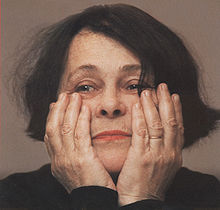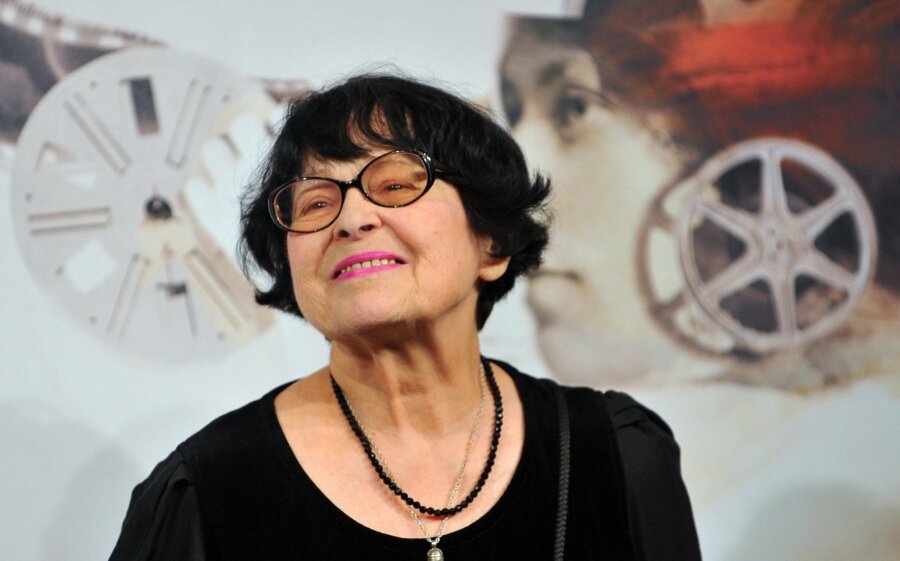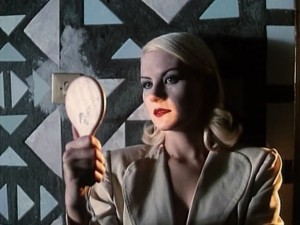Discovering Muratova on the Internet: A Personal Case Study, a Few Baby Steps
This essay was proposed to Another Gaze, an excellent feminist journal based in the U.K., in June 2020, lightly revised with their helpful suggestions over the next several months after I received a go-ahead from them, and still hadn’t appeared by October 8, 2021. I wished them well, but the editor was no longer responding to my emails, which is why I posted this essay here. P.S. My thanks to Scott Moore for pointing out several typos in the original posting of this piece, now corrected.
P.P.S. (12/16/21): I’m reposting this to celebrate the arrival in my mailbox of the hefty new issue of Another Gaze, including my essay, where I find myself among such fellow contributors as my old pal Lizzie Borden and A.S. Hamrah. My apologies to the editors for my journalistic impatience; it was well worth the wait. — J.R.
,


Long before the Coronavirus pandemic set in and many of us suddenly had more time to explore new modes of online viewing and even canon-building, I had been trying to develop and expand my limited acquaintance with the films of Kira Muratova (1934-2018), initially sparked by my 1989 encounter with her masterpiece The Asthenic Syndrome (1989) at the Toronto film festival, two years after I began my twenty-year stint as the principal film reviewer for the Chicago Reader. Read more


